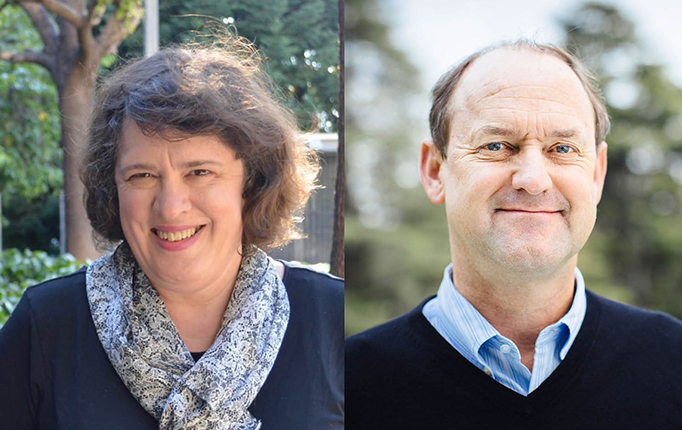
In two separate events this month, Rausser College researchers gave expert testimonials to lawmakers. On March 2nd, Kate O’Neill, a professor in the Department of Environmental Science, Policy, and Management, gave a presentation to the California State Assembly Committee on Environmental Safety and Toxic Materials about microplastic in the environment and water. Also that week, Professor and Dean David Ackerly spoke with U.S. Congress members about the importance of expanding funding for agricultural research.
O’Neill shared her research expertise on plastic waste at the Informational Hearing on “Microplastics in our Water and Environment: Understanding a Growing Pollution Source.” She discussed the need for both policy-oriented and consumer-targeted solutions for reducing plastic pollution. O’Neill called for a holistic approach to raise public awareness about microplastics, develop sustainable alternatives to single-use plastic products, create effective regulations, and re-establish zero-waste plastic norms and programs that were derailed during the pandemic. At the College her research focuses on the global policy and politics of waste, but she has also helped advance zero-waste goals at the local level, including for the City of Berkeley.
At a meeting of the Council for Agricultural Research, Extension, and Teaching (CARET), Ackerly joined colleagues from across the UC system in advocating for increased funding opportunities for universities. Along with speakers from UC Agriculture and Natural Resources, UC Davis, and UC Riverside, Ackerly told lawmakers about the importance of increased agriculture research and funding. He highlighted the need for financial support for forest stewardship and wildfire research, and he discussed efforts to mitigate climate change impacts. Ackerly researches ecology, evolution, and climate change and conservation, with a focus on native plants of California, in the Department of Integrated Biology.
